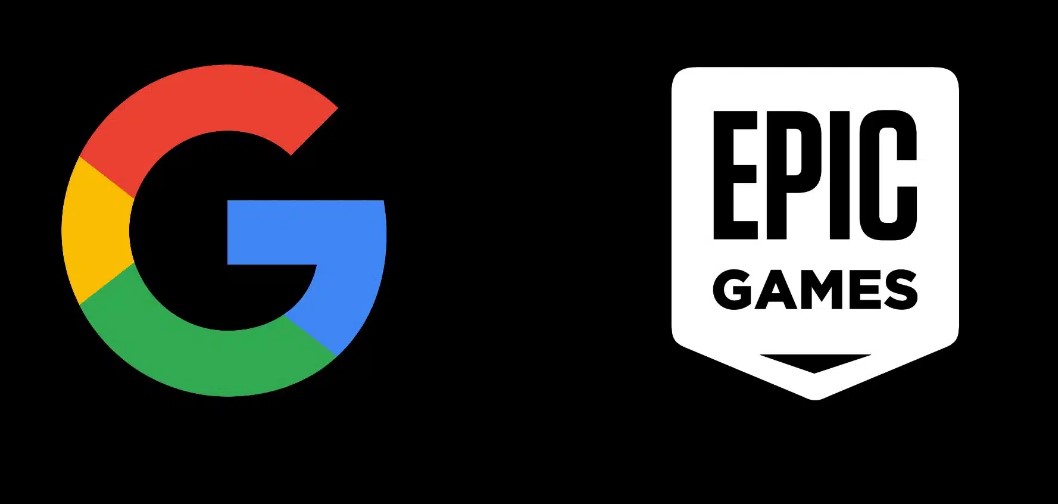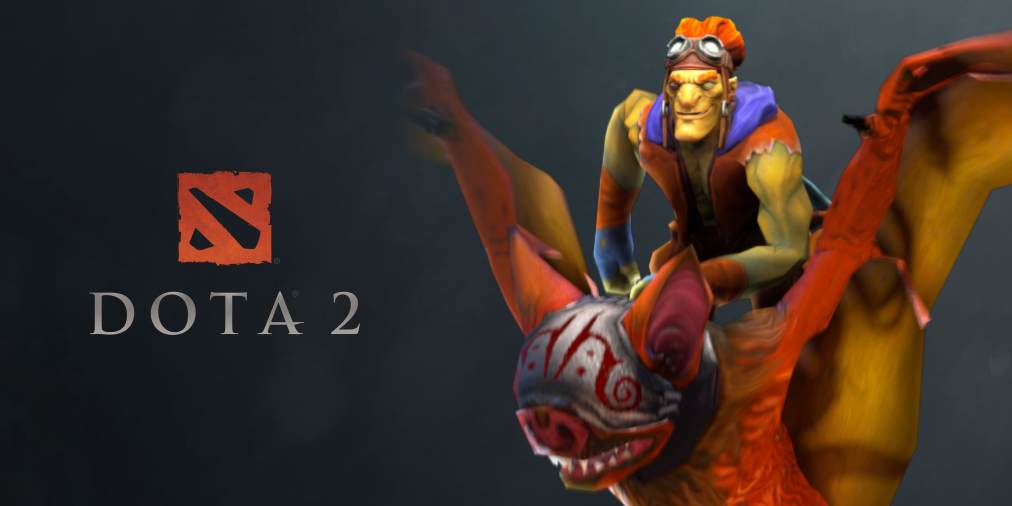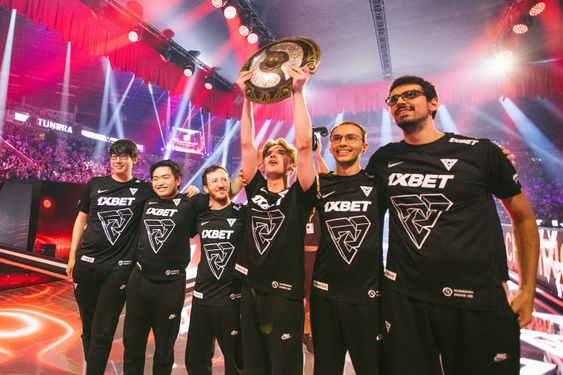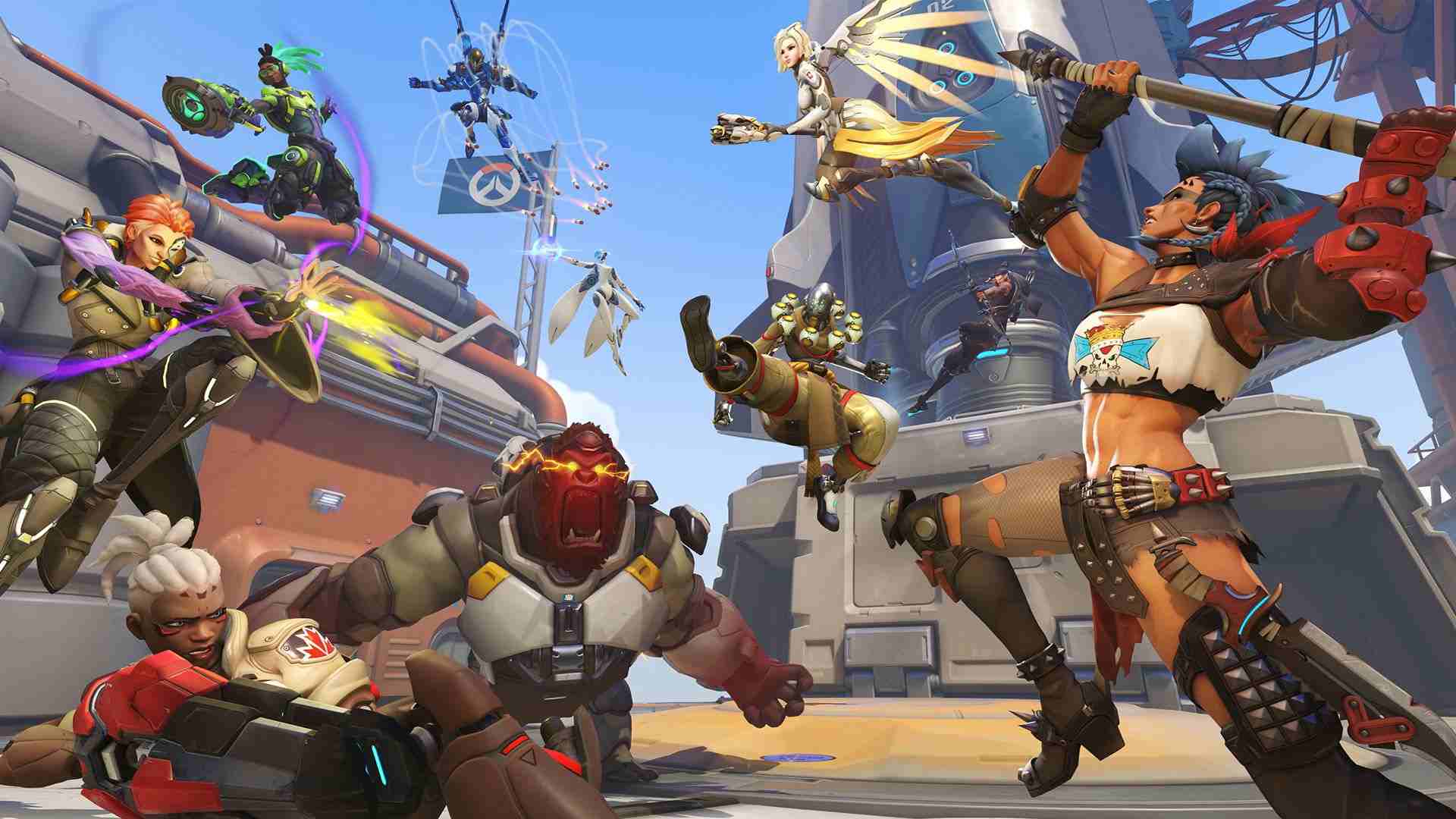Epic Games And Google Begin Antitrust Trial: All You Need To Know
On Monday 6th November, Fortnite creator Epic Games and Google started their antitrust trial in San Francisco, United States. In the lawsuit, Epic Games claims that Google is abusing its power within the Android app market by charging fees for Google Play Store use. In doing so, Epic claims that Google is forcing its own payment system and stifling competition. If you think you’ve heard this before, you sort of have. In 2020, Epic Games went after Apple for the same allegations. However, in the case of the Epic Games vs Apple trial, the ruling was mostly in favor of Apple.
Even though the court case against Apple saw a trial, the one against Google Play did not. Now, Epic Games vs Google is finally seeing its day in court. This comes just 1,180 days or around 3 years after Epic Games originally sued. The trial is expected to last around four weeks. With the case now finally going to trial, let’s take a look at everything we know so far about it.
Background for Epic Games vs Google Trial
Before we dive into the in-depth details of the case, here is a little background to provide some context. Epic Games is the studio that is behind the creation of Fortnite, one of the most popular battle royale games in the gaming market. This free-to-play game is played by millions around the world. Fortnite earns its revenue by selling in-game items within its virtual world with a currency called V-bucks. Players are able to buy V-bucks on whichever device they are playing the game. Up till 13 August 2020, if players used an Android or iOS device to play the game, any purchase made within the app also had an in-app payment fee to Google or Apple. These fees were called ‘Google tax’ or ‘Apple tax’ by many critics and it was this that Epic Games was not very happy about.
Due to this, Epic Games decided to take action against these taxes back in 2020. The way Epic did this was by first announcing that they were bypassing Apple and Google’s app store fees. The company had released a hotfix update to Fortnite which helped players buy V-bucks through a direct payment process option and at a discount. They did so without letting either Google or Apple know. As you can expect, the two tech giants immediately retaliated by removing Fortnite from their app stores claiming that Epic Games had broken the rules.
However, Epic Games was already ready with two lawsuits and an attack video. At the start of its battle against Apple and Google in 2020, Epic Games got the hashtag #FreeFortnite trending in the gaming world by premiering a video mocking Apple titled, ‘Nineteen Eighty-Fortnite.’
Epic Mocks Apple With ‘Nineteen Eighty-Fortnite’
In the viral mock video, Epic Games poked fun at Apple and parodied the famous ‘1984’ Macintosh ad. They did so by depicting a Fortnite hero throwing a unicorn-llama hammer into a giant screen. Once the screen shatters, a message is displayed at the end of the reads, “Epic Games has defied the App Store Monopoly. In retaliation, Apple is blocking Fortnite from a billion devices. Join the fight to stop 2020 from becoming 1984.” A #FreeFortnite hashtag was placed at the end of the message which caused it to become viral after the video went up. Watch the video below:
This public clap-back was then followed by court-proceedings that moved at a snail’s pace. Even though the court case with Apple went to trial in 2021, the one against Google was continuously delayed. While the ruling for the Apple trial was mostly in favor of Apple, both parties are waiting for the Supreme Court to weigh in on the matter. This then brings us to the current day, as the fight against Google is now entering the trial.
Epic Games vs Google Trial
There is a lot riding on this trial for both the parties involved. If the court rules in favor of Epic Games, this could change the entire future of Google’s Play Store. According to Epic, they want to break Google’s alleged monopoly on the app stores in Android and its payment methods. This is so that developers won’t be stuck paying the so-called ‘Google Tax’ or even passing that fee to the users. While it’s Epic Games that is heading the trail, the decision will impact every app developer and user on Google Play Store.
On the other hand, Google claims that if Epic Games does win the lawsuit, it would make Android phones even less safe as it will need to dismantle basic protections against sideloaded apps. It would also severely impact Android’s ability to compete with Apple as it arguably won’t be able to run a competitive app store if it’s freely available.
Epic claims that Google’s standard Android fees have caused it to create an illegal monopoly that unfairly benefits Google while artificially increasing the app prices. Apart from this, Epic also claims that Google is illegally connecting its Google Play payments platform to the Google Play app store which further hinders potential app payment merchants from competing.
Does Google have a monopoly?
One of the biggest questions that the court will have to decide upon is whether Google does have a monopoly and if so, on what. As per Epic Games, Google has illegal monopolies in ‘Android in-app payment processing’ and ‘Android app distribution.’ The gaming company is likely to argue that if you buy or develop Android phones, you will have to pay the Google tax.
Google can then counter this by stating that the real competition comes from Apple as people also have the option of buying an iPhone instead of an Android. In this instance, it will be difficult to argue that Google has a monopoly on app stores in general. This line of argument is known as ‘market definition.’
So, if the court decides that the relevant market is phones and app stores, and not specifically Android, then the decision will favor Google. However, if it does conclude that Android apps are their own market then, the favor will fall with Epic. Or a third option is that it could pick an entirely new market, which was what ended up happening in the case against Apple.
As the trial has just begun, it will be interesting to see how things turn out. Given that unlike the Apple trial in which the judges had to be convinced, in the case of Google’s trial, it’s the jury that will have to be convinced. Stay tuned for more updates!






















